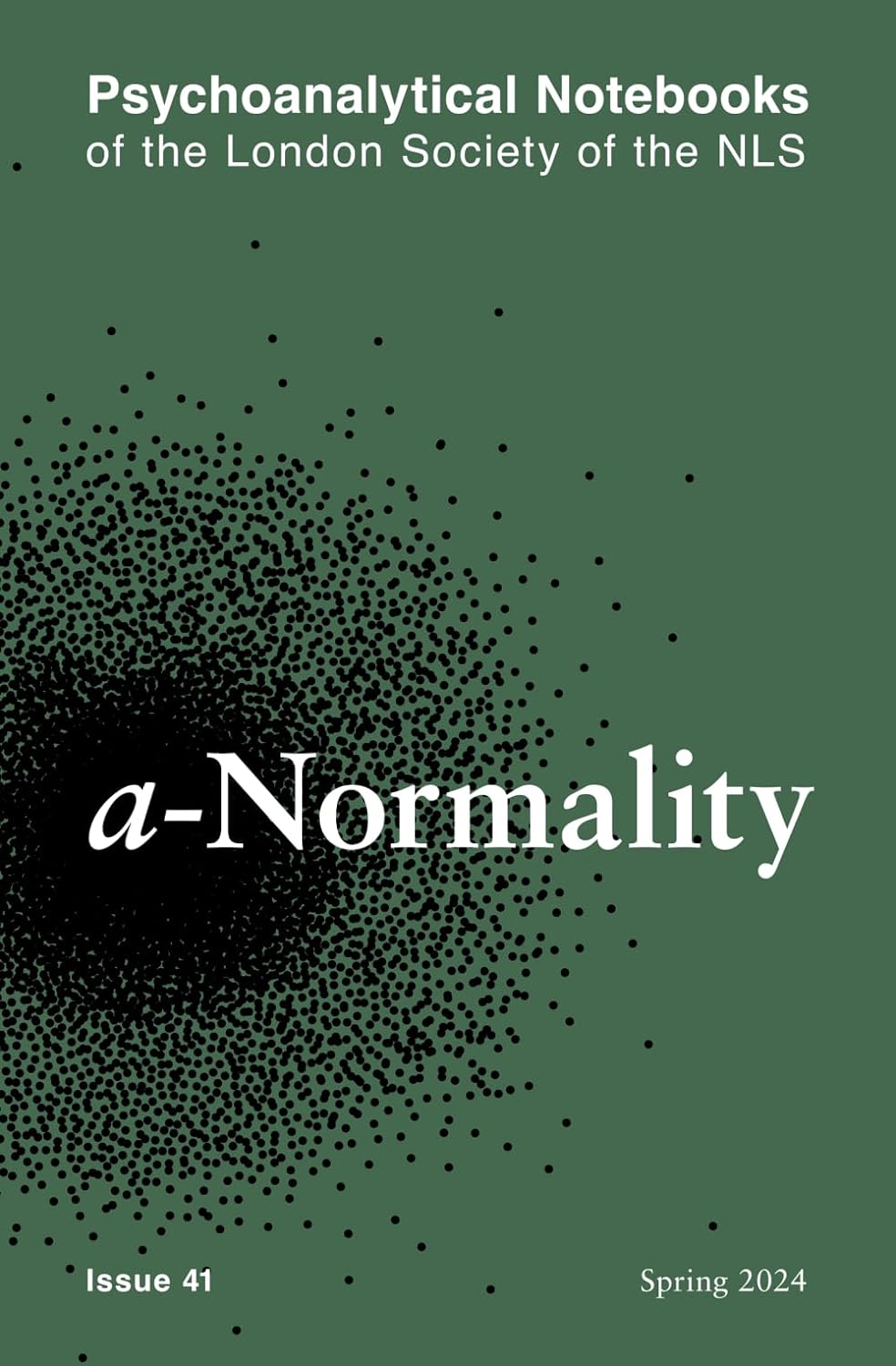Jacques Lacan and Cinema: Imaginary, Gaze, Formalisation

Book Details
- Publisher : Routledge
- Published : January 2017
- Cover : Paperback
- Pages : 208
- Category :
Lacanian Psychoanalysis - Catalogue No : 35628
- ISBN 13 : 9781782201724
- ISBN 10 : 1782201726
There are currently no reviews
Be the first to review
Psychoanalysis has always been based on the eclipse of the visual and on the primacy of speech. The work of Jacques Lacan though, is strangely full of references to the visual field, from the intervention on the mirror stage in the Forties to the elaboration of the object-gaze in the Sixties.
As a consequence, a long tradition of film studies used Lacanian psychoanalysis in order to explain the influence of the subject of the unconscious on the cinematographic experience. What is less known is how the late Lacanian reflection on the topic of analytic formalization opened up a further dimension of the visual that goes beyond the subjective experience of vision: not in the direction of a mystical ineffable but rather toward a subtractive mathematisation of space, as in non-Euclidean geometries.
In an exhaustive overview of the whole Lacanian theorization of the visual, counterpointed by a confrontation with several thinkers of cinema (Eisenstein, Straub-Huillet, Deleuze, Rancière), the book will lead the reader toward the discovery of the most counterintuitive approaches of Lacanian psychoanalysis to the topic of vision. The outcome may have a major impact on the way we understand cinema and visual studies: sometimes abstract formalization can help us looking at the space surrounding us even better than our eyes.
Reviews and Endorsements
‘Although the idea of the gaze as object played an important part in Lacanian psychoanalysis, it has rarely been found useful in practical film criticism. Pietro Bianchi’s impressive analyses are here therefore groundbreaking, and his accounts both of Lacanianism and of modern French film theory are impressively lucid and eloquent. This is a stimulating and original book in all respects.’
— Professor Fredric R. Jameson, Knut Schmidt-Nielsen Professor of Comparative
Literature and Director of Institute for Critical Theory, Duke University
‘Jacques Lacan’s theory of vision, centred around the gaze as an object, is arguably the most complex theory of vision to have been conceived. Pietro Bianchi’s subtle book leads the reader by the hand through all of its complexities, explaining it in clear conceptual moves, displaying its vast ramifications and developing it further as a magnificent tool for the understanding of cinematic practice. The best introduction for those who want to get acquainted with it, but far more than an introduction – a genuine insightful new work by a young theorist about whom we are going to hear a lot.’
—Professor Mladen Dolar, University of Ljubljana, Slovenia
About the Author(s)
Pietro Bianchi works at the Department of Romance Studies at Duke University, North Carolina. He was Research Fellow at the Jan Van Eyck Academy in Maastricht (2009–2010), and has published articles on literary theory, Lacanian psychoanalysis and film studies. He also works as a film critic for the Italian magazine Cineforum and the web journals Doppiozero and Le parole e le cose.
Customer Reviews
Our customers have not yet reviewed this title. Be the first add your own review for this title.
You may also like
Lacanian Coordinates: From the Logic of the Signifier to the Paradoxes of Guilt...
Bogdan Wolf
Price £31.99
More Lacanian Coordinates: On Love, Psychoanalytic Clinic, and the Ends of...
Bogdan Wolf
Price £29.99







